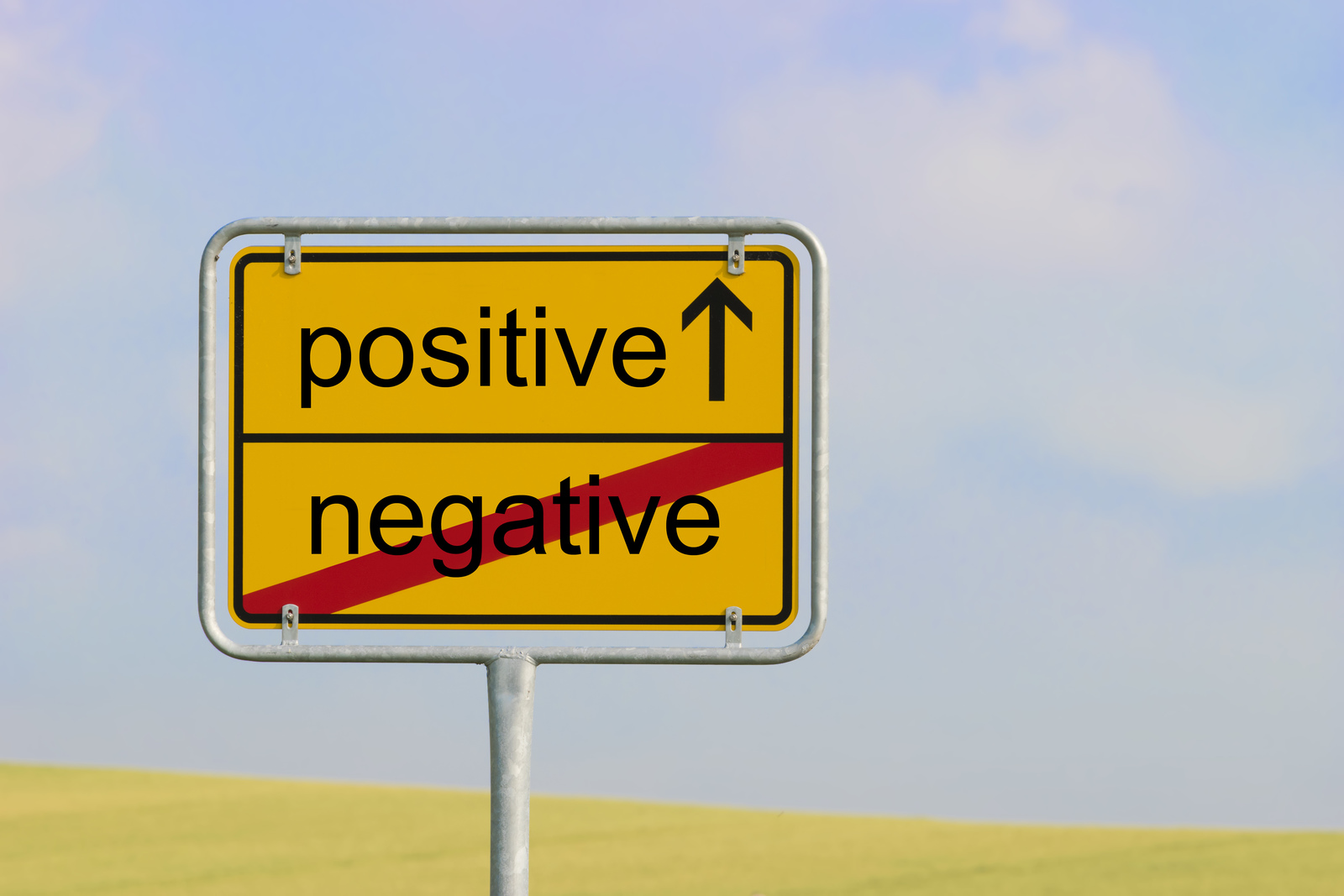I used to lead a leadership program for high school youth at the camp I served. One time, an instrutor was giving an example and made this statement, “You have a friend who when you spend an hour with them they suck all the joy out of you.”
One of the young women in the group blurted out, “Yes! I call them family!”
This reminded me of Multipliers: How the Best Leaders Make Everyone Smarter by Liz Wiseman. It’s about leaders to who either multiply the intelligence energy and capability of those around them or diminish it. I think the same can be said from a family systems viewpoint. Either people add healthy functioning to the system or who cause greater anxiety.
Multipliers are self-differentiated. They take responsibility for their own functioning. They don’t take on the problems of others. They define themselves and not others. They say what they believe and give others the freedom to disagree.
On the other hand, diminishers aren’t able to define themselves. They prefer to define others. They are unable to regulate their own anxiety and unleash it on others. They overfunction by reacting anxiously to situations. Or they underfunction by adapting, giving in, and are unable to take a non-anxious emotional stand.
The primary thing that a multiplier does is create healthy emotional space by inviting others to self-define while remaining connected. Not everybody likes this, especially those who are less differentiated. But every time a person can remain self-differentiated in response to the anxiety of others, they actually give others the opportunity to function in different, healthier ways.
There are two steps to becoming an emotional space multiplier.
The first is awareness. Most of the problems we have come from reacting to situations without thinking. We allow the scripts that come from our family of origin to dictate how we respond. Sometimes this is reacting anxiously. Other times it is adapting.
Self-awareness it is like the seven-second delay that happens in a live broadcast. This delay gives censors the opportunity to be beep out language that is not allowed. In the same way, slightly delaying your responses, especially in anxiety producing situations, will help you to think about whether you’re going to respond with a reactive script or with a non-anxious response.
The second step is intentionality. Once you are aware of the emotional process going on you can be intentional about your response. You can choose a non-anxious response. If you’ve been doing your own work, perhaps you can even choose a paradoxical or playful response.
This will seem odd at first because anxious situations create enough pressure to make us feel that we need to respond immediately to a given situation. However, it’s OK to be thoughtful. It’s OK to take your time. Just doing that brings the anxiety of the situation down.
Over time, taking your time and thinking about how to respond as a non-anxious presence will help you to become a multiplier. Even more so if you reflect on what went right and wrong in anxious situations. This can help you do better the next time.
You might say that being a multiplier of emotional space is being a diminisher of anxiety. Either way it’s a good thing. If you’re able to self-differentiate, that is to self-define while remaining emotionally connected, then you can be somebody who helps bring the anxiety down in any situation.
Multiplier or diminisher: which one are you?


